Ethiopia’s prime minister says he will lead troops battling Tigrayan rebels
Ethiopia’s prime minister, a Nobel Peace Prize laureate, says he will head to the war front to lead soldiers battling rebels in the northern Tigray region.
Abiy Ahmed issued a battle call on Monday night as Tigrayan rebels appeared to be closing in on the capital, Addis Ababa.
“Starting tomorrow, I will mobilize to the front to lead the defense forces,” the prime minister said in a statement posted on Twitter late on Monday. “Those who want to be among the Ethiopian children who will be hailed by history, rise up for your country today. Let’s meet at the battlefront.”
He said the US-led Western countries were “meddling” and desperately trying to defeat Ethiopia.
Ethiopia and the US, long-time allies, have turned against each other in recent months. In the most recent hostile action, US President Joe Biden decided to shut out Ethiopia from a trade program that gives sub-Saharan African countries duty-free access to the United States.
The statement by the 45-year-old prime minister came as the Tigray People’s Liberation Front (TPLF) rebels continued to press toward Addis Ababa. The rebels have claimed to be within 200 kilometers by road of the capital.
The government says rebel gains and the threat to Addis Ababa are overstated.
The rebels say they are pressuring Ethiopia’s government to lift a months-long blockade of Tigray, but they also want Abiy out of power.
Envoys from the African Union have been engaged in diplomatic efforts in pursuit of a ceasefire. African countries have warned that Africa’s second-most populous country could fracture and destabilize the rest of the region.
All sides in Tigray conflict may have committed war crimes: UN
In a separate development on Tuesday, a new report released by the Office of the United Nations High Commissioner for Human Rights (OHCHR) said that all sides in the conflict in Tigray region had committed atrocities that may amount to war crimes, including summary executions, torture, and rape.
“[There] are reasonable grounds to believe that gross violations and abuses of international human rights law, and serious violations of international humanitarian law, and international refugee law [have] been committed in the context of the Tigray conflict,” reads the report written jointly by the OHCHR and the Ethiopian Human Rights Commission.
The joint report, based on a four-month investigation that ended in August, was compiled from 269 confidential interviews with victims and witnesses of alleged abuse.
The UN human rights chief, Michelle Bachelet, also recently said that her office was receiving ongoing reports of violations of human rights in the region, including indiscriminate shelling and airstrikes on civilians.
The Ethiopian government and the rebels have denied accusations of atrocities in the past.
Tigray has been the scene of conflict since November 2020, when the prime minister sent troops there to topple the TPLF in response to attacks on army camps. The war in Tigray has killed thousands of people and, according to the UN, pushed hundreds of thousands into famine-like conditions due to a de facto humanitarian blockade on the northern region.
Tensions between Addis Ababa and the UN have been high throughout the war. In September, Ethiopia’s Foreign Ministry announced it was expelling seven senior UN officials for “meddling” with the country’s affairs.
US surgeon haunted by Gaza children with ‘single gunshot wounds to head’
VIDEO | Fatal Harvest: Escalating attacks on Palestinian farmers in the occupied West Bank
Hamas rejects temporary truce offer, calls for complete ceasefire in Gaza
Iran among top nuclear technology countries: AEOI chief
Democrats 'risk losing' election for backing Israeli war on Gaza, Lebanon: US journalist
Protesters remove busts of Israel's first president from Manchester Univ.
VIDEO | Hezbollah drones
US involvement in Israel’s 'regional war' unconstitutional, lawmakers tell Biden


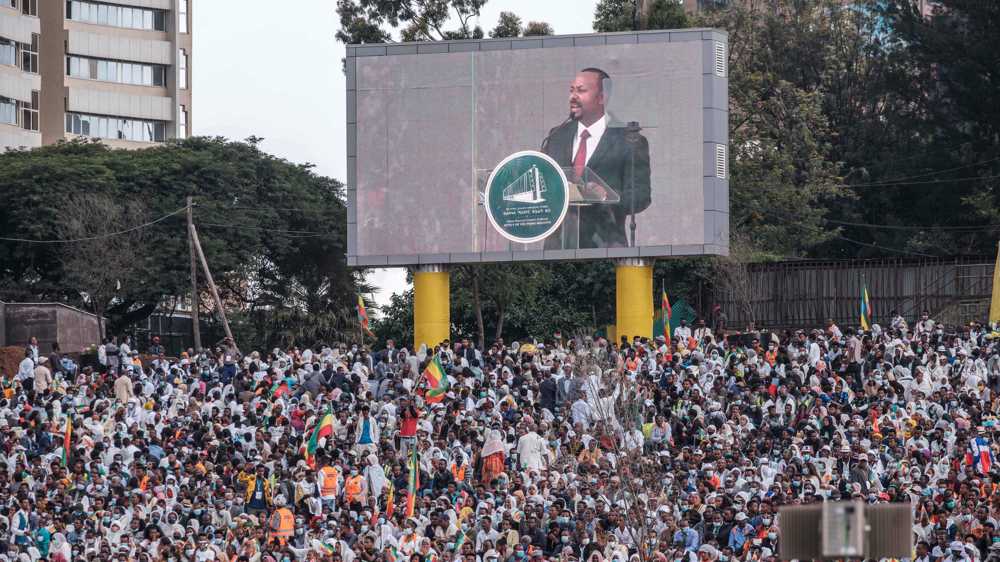
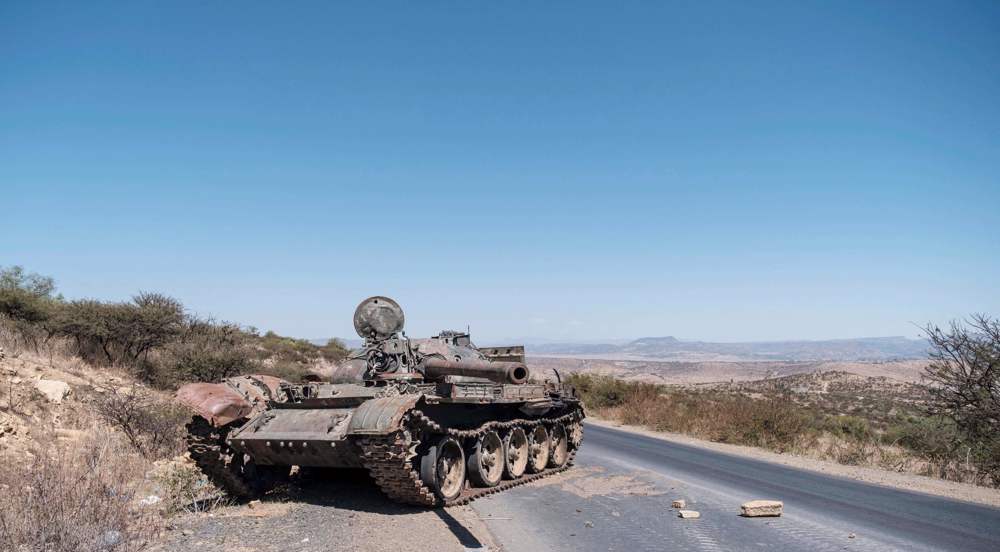
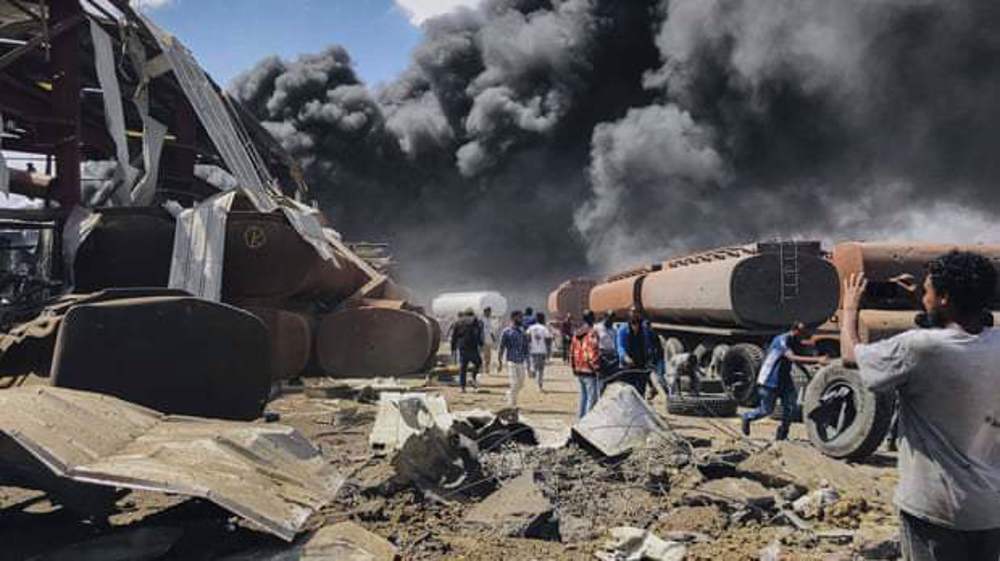
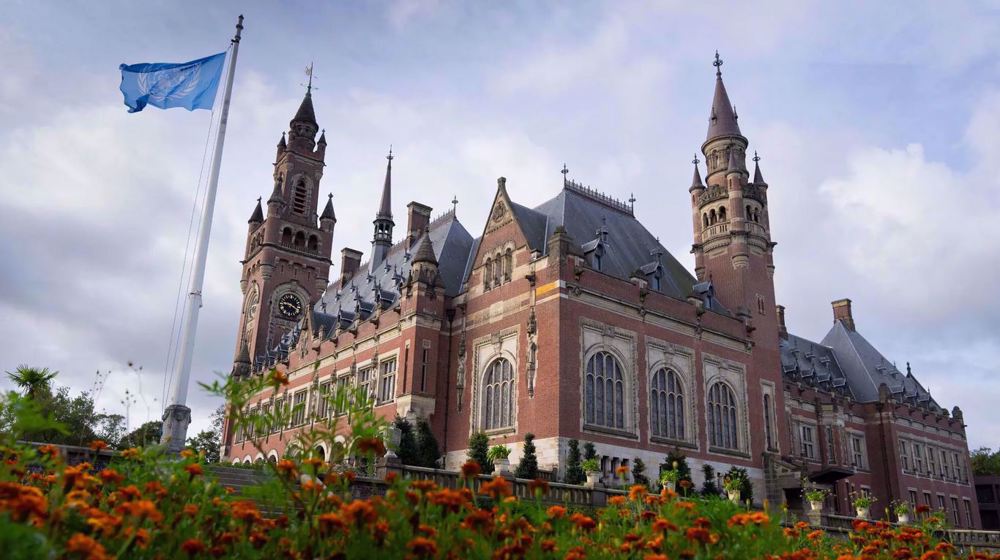

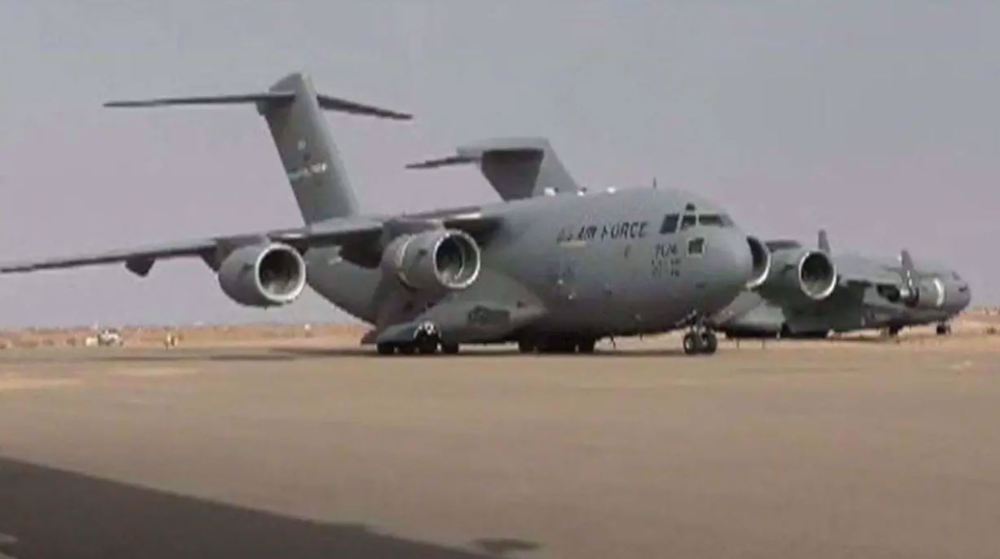



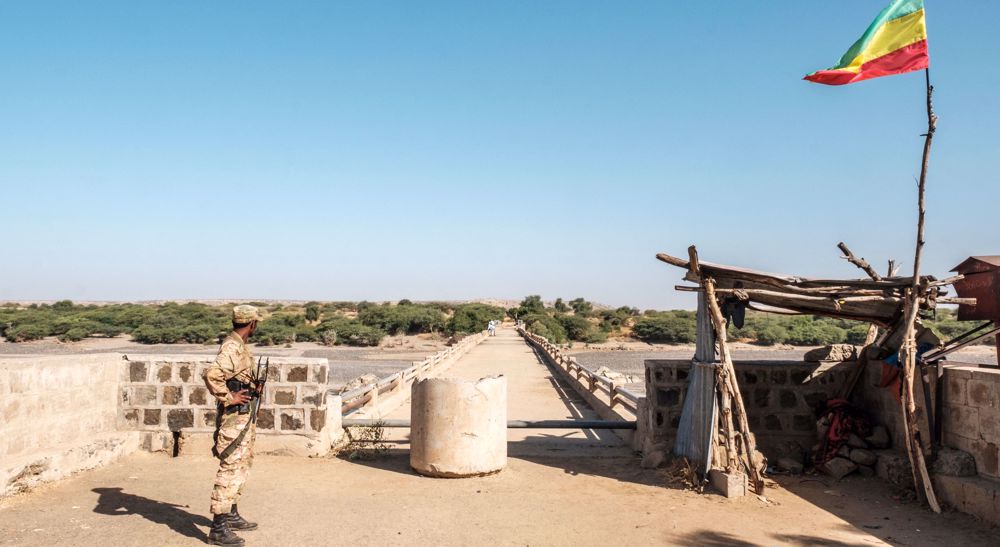
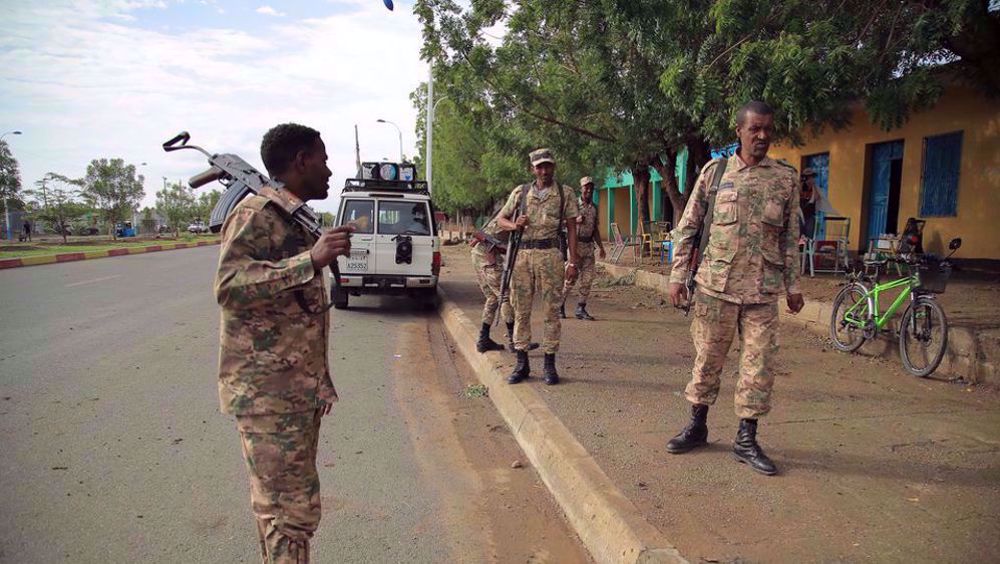
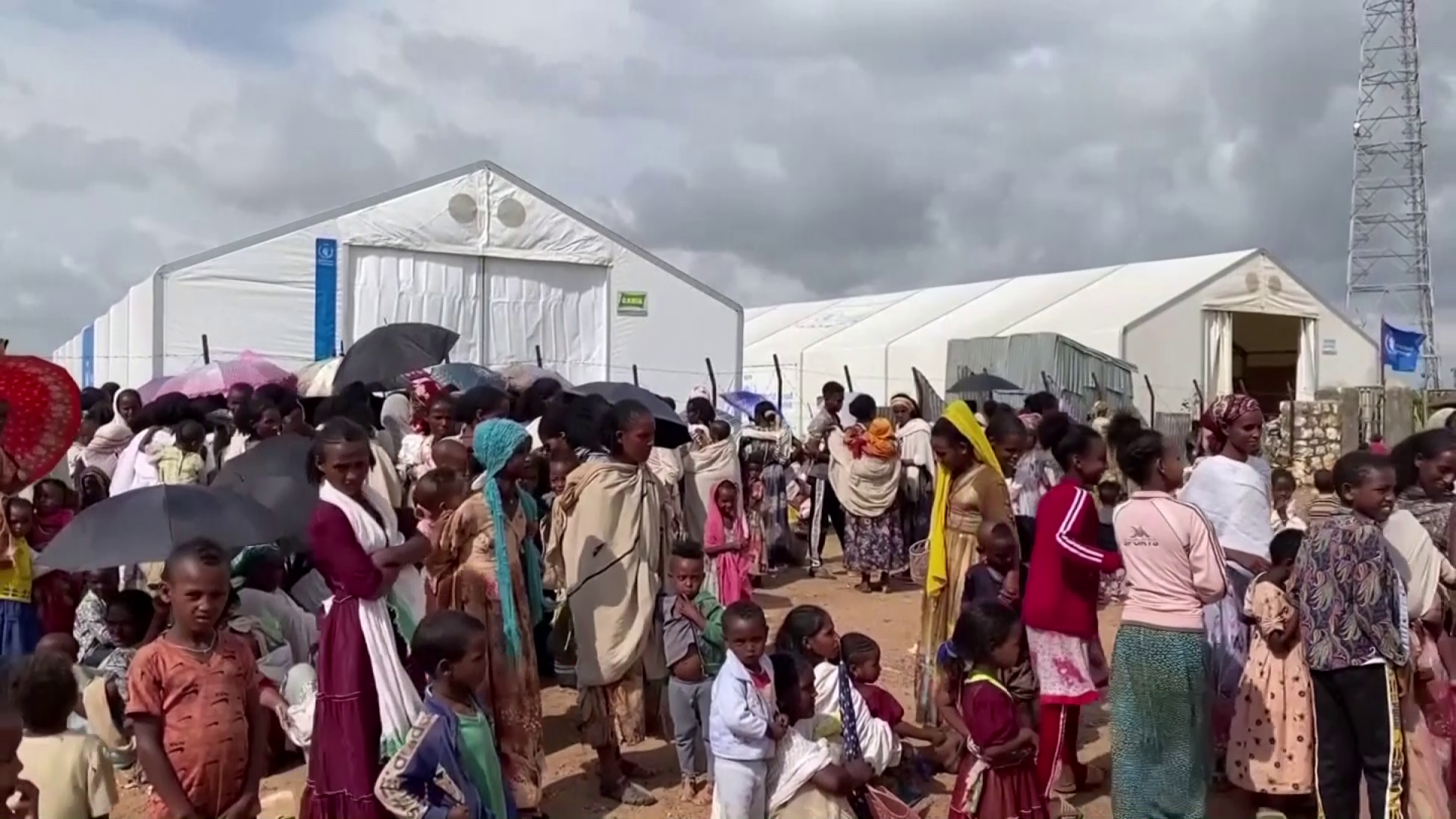
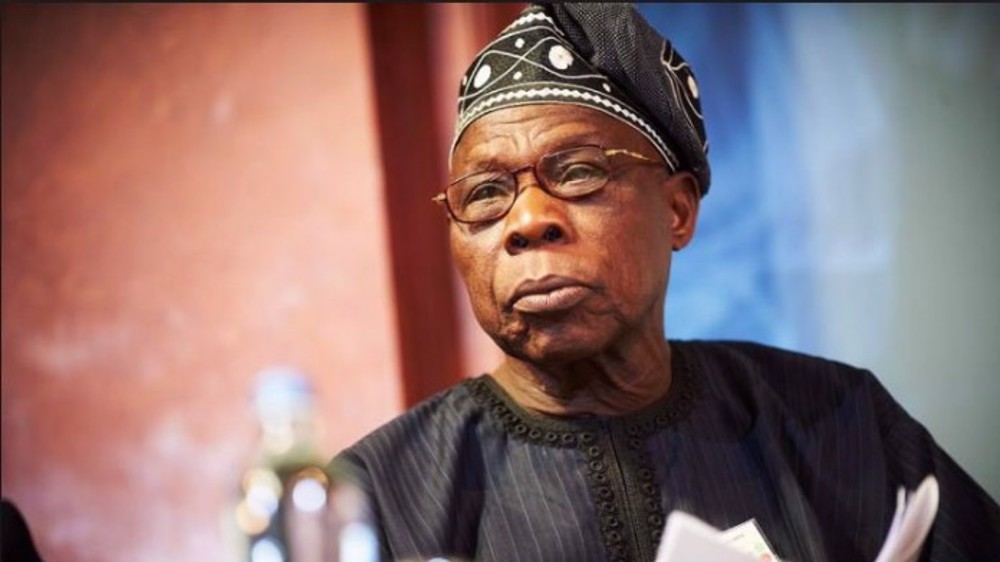
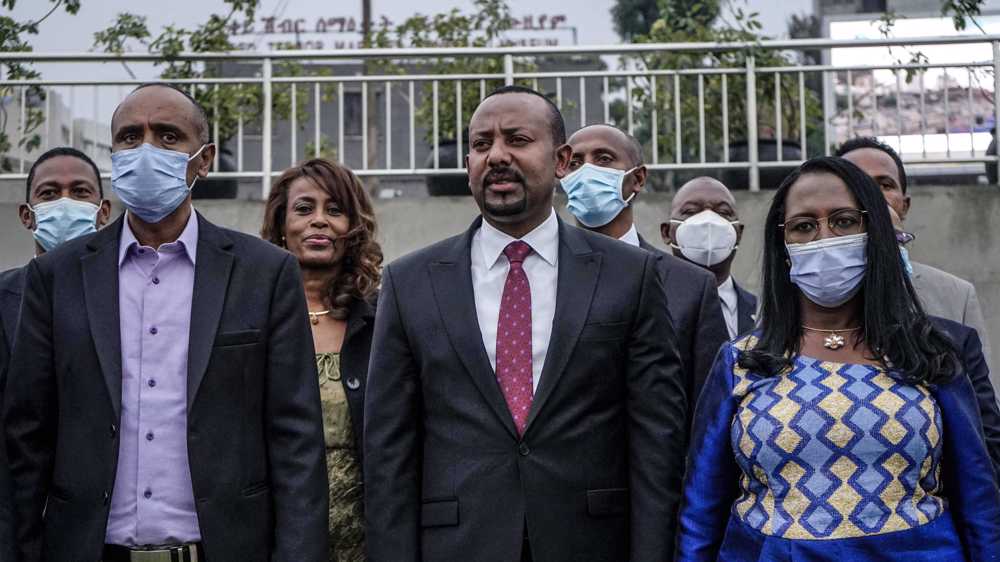
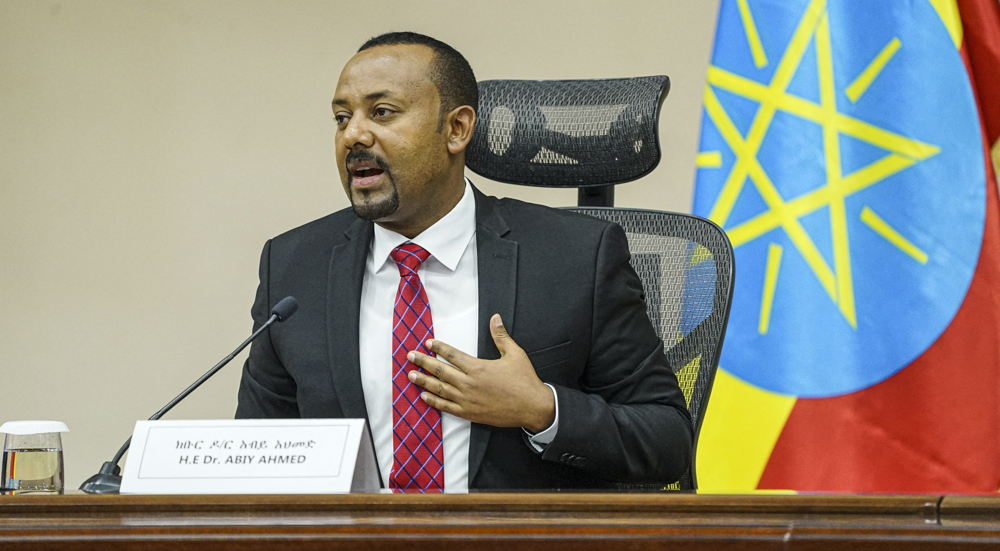
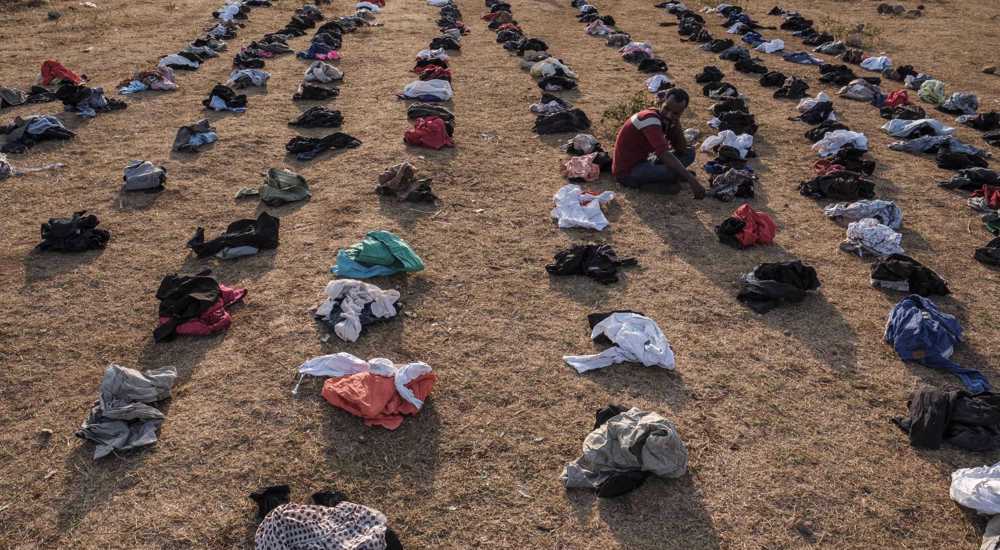

 This makes it easy to access the Press TV website
This makes it easy to access the Press TV website